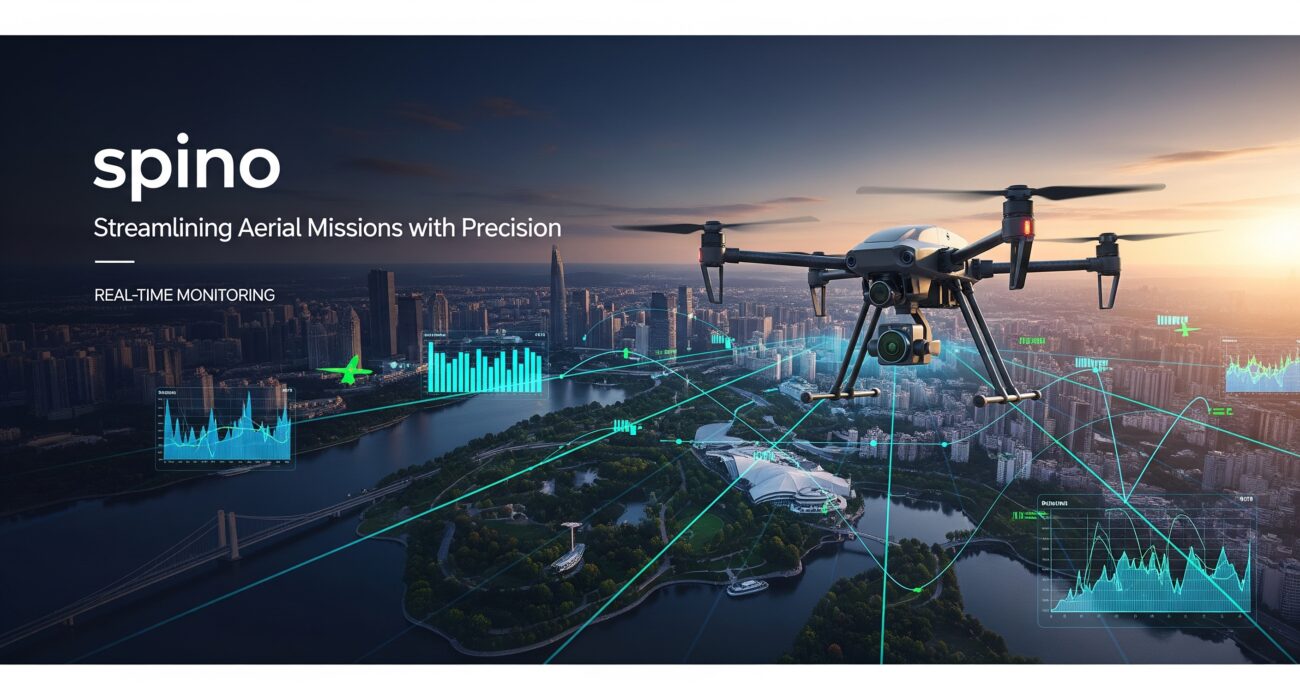Drone Operations Support: Flight Operations Support Service for Drone Operators — Streamlining Aerial Missions with Precision
In today’s fast-evolving unmanned aerial systems (UAS) industry, drone operations support is essential as drone operators face growing demands for speed, safety, and compliance. Whether it’s aerial photography, infrastructure inspections, surveying, or delivery services, commercial drone services rely heavily on effective drone mission planning and expert flight operations support to ensure every mission runs efficiently from takeoff to landing.
This guide explores what drone operations support entails, why it’s crucial for drone operators, and how it can elevate both safety and productivity in UAV flight operations.
1. What is Drone Operations Support for Drone Operators?
Flight operations support, also known as drone operations support, covers all the logistical, technical, and regulatory assistance that drone pilots need before, during, and after a flight. It ensures missions are executed safely, meet regulatory requirements, and achieve operational goals.
This includes:
- Drone mission planning and route optimization
- Airspace analysis and regulatory compliance
- Weather monitoring and risk assessment
- Equipment readiness checks
- Data management and post-flight reporting
2. Why Drone Operators Need Professional Drone Operations Support
Operating a drone commercially isn’t just about flying — it’s about managing a complex set of responsibilities. Drone operations support services help by:
- Reducing operational risks through pre-flight safety protocols.
- Ensuring compliance with FAA Part 107 or local aviation authority regulations.
- Maximizing productivity by streamlining mission workflows in UAV flight operations.
- Enhancing data accuracy through optimized flight patterns and sensor calibration.
3. Key Components of Drone Operations Support
A. Mission Planning & Coordination
Professionals analyze the target location, define flight paths, and set waypoints to ensure full coverage and minimal flight time using advanced drone mission planning tools.
B. Regulatory Compliance
Support teams secure necessary flight authorizations, including LAANC approvals, waivers for night flights, and operations in restricted airspace.
C. Weather & Environmental Monitoring
Real-time weather tracking ensures flights are conducted in optimal conditions to avoid hazards like strong winds, rain, or low visibility.
D. Equipment Management
Regular inspections, battery health checks, firmware updates, and payload calibrations keep drones performing at their best, which is vital for reliable commercial drone services.
E. Post-Flight Data Handling
Support includes data processing, storage, and delivery in client-ready formats such as 3D maps, thermal imaging, or inspection reports.
4. Industries that Benefit from Drone Operations Support
- Construction & Infrastructure – Mapping, progress tracking, safety inspections.
- Agriculture – Crop health analysis, irrigation monitoring, yield estimation.
- Public Safety – Search and rescue, disaster assessment, traffic monitoring.
- Energy & Utilities – Powerline inspections, pipeline surveillance, wind turbine checks.
- Real Estate & Media – Aerial photography and videography.
5. Choosing the Right Drone Operations Support Provider
When selecting a service partner, drone operators should look for:
- Certified remote pilots with FAA Part 107 or equivalent credentials.
- Proven experience in relevant industry sectors.
- Access to advanced flight planning tools and analytics for superior drone mission planning.
- Strong safety record and insurance coverage.
- Ability to scale for large or multiple-site missions supporting extensive UAV flight operations.
6. The Future of Drone Operations Support
With advances in AI-powered mission planning, automated drone fleets, and real-time data streaming, the future of drone operations support will see faster turnaround times, higher precision, and even greater safety compliance for commercial drone services.

